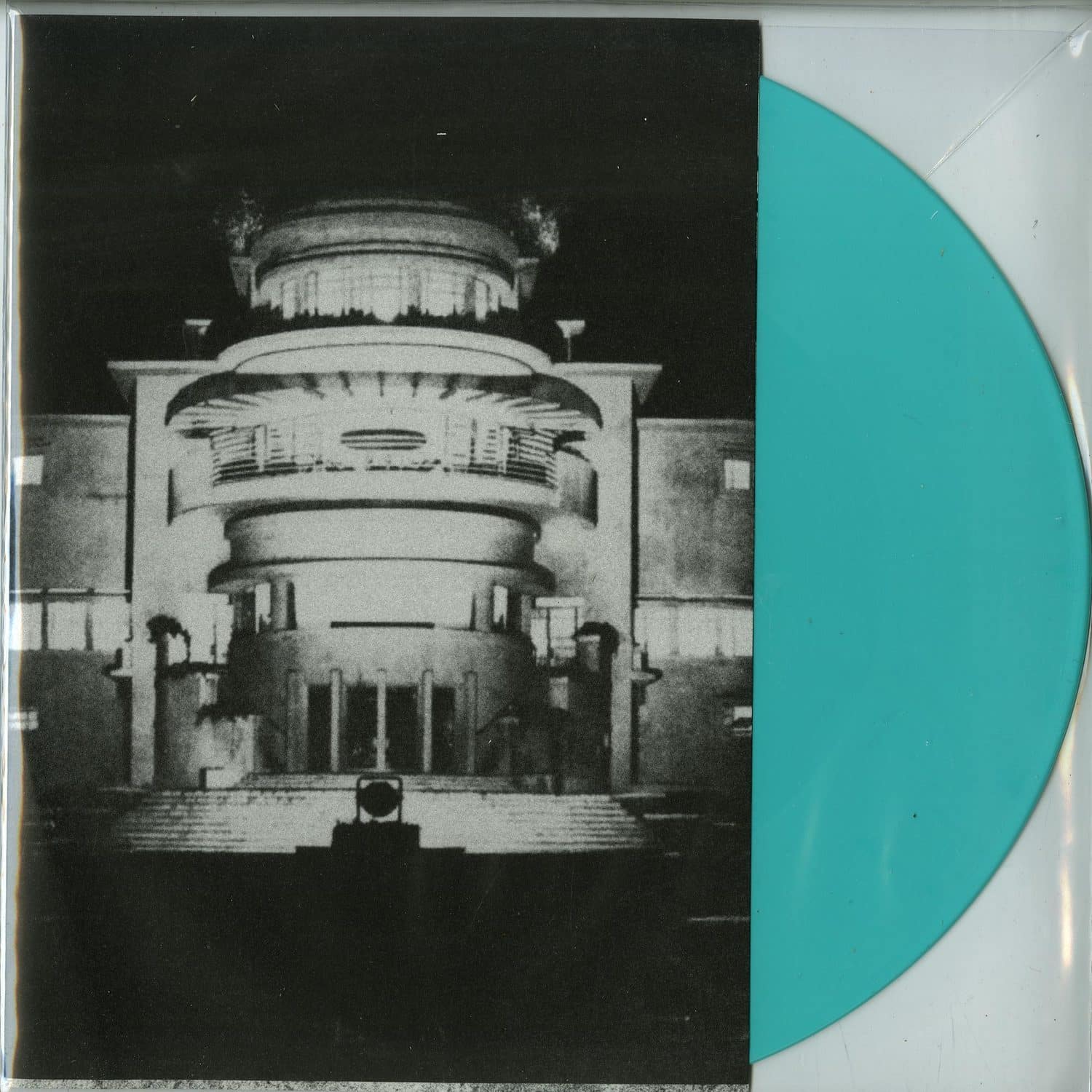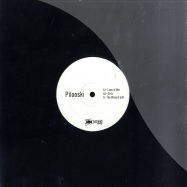
e-mail reminder
If this item in stock, then you will get an infomation E-Mail!For Four Exotic And Minimalist Pieces Of Spoken Word Feat. Pilooski (Discodeine), Jarvis Cocker (Pulp).
Sales Information:
At the beginning of the 1930s, the press magnate Dominique Willem Berretty still held power over the Dutch East Indies. From the very lowest rung, this teacher's son, born 1890, raised a media empire upon a single principle, "Activity, Activity, Speed". As a clarion call from the future, it heralded the construction of a new world, one where information was faster than light, where modernity would be celebrated by an ever firmer grip upon the accelerator pedal. But control of his press agency (baptised Aneta, for always number one in spite of everything), driven at full bore, would begin to slip away: politicians no less than his competitors, began to tire of his monopoly. In October 1932, as his empire was fading, he commissioned architect Wolff Schoenmaker to construct the palace of his dreams: the Villa Isola, north of Bandung. D.W. Berretty would have but several months to enjoy his art-deco pearl. On December 20 1934, bankrupt, he would fly to Europe aboard a DC-2 Uiver in order to sell Aneta to the highest bidder. But he was never to complete the voyage: the first flying machine equipped with automatic piloting would crash down upon the town of Ar Rutba in Iraq. By tracing back through time and his memories (particularly those of a trip to Vietnam), Pilooski - who we've seen in duo as Discodeine and solo, in the Dirty Edits series - would end up pushing open he door to the Villa Isola: a vestibule leading to a double spiral staircase framing a marble pediment engraved with the words M'ISOLO E VIVO (I isolate myself, and live). On the first floor lay a grand semi-circular reception room opening onto French gardens. Before the windows, leather easy chairs arranged with maniac regularity about a round table. On the lid of a grand piano, a virgin in polished glass, and on the walls, oil renditions of Dutch canals jostled with jungle watercolours. One floor up in the constructivist bar, Berretty had installed a film projector. What would he have watched, cocktail in hand, alongside his guests? Herbier's The Inhuman Woman, Murnau's Tabu, or Chaplin's City Lights. Who could tell? As a tribute to this projection room, Pilooski has imagined four original soundtracks owing as much to radio broadcasts for insomniacs as they do to recorded recitals for children. With Eden Ahbez's Eden's Island album in mind, he has called upon the following contributors: Jarvis Cocker (Pulp) has chosen an extract from Carl Gustav Jung's The Red Book; Judah Warsky has written an homage to the sun and the moon ; Narumi Hérisson (Tristesse Contemporaine) reads a passage from Ango Sakaguchi's Sakura No Mori No Makaï No Shita; and writer Simon Liberati (Anthology of Apparitions, Jayne Mansfield 1967, Eva) a fragment from one his 113 Studies of Romantic Literature. For four exotic and minimalist pieces of spoken word, over which Clément Froissart plays flute, Axel Lecourt, percussion and Julien Vichnievsky the guitar. Together, the pieces make up Isola, the new Pilooski EP.
Chart -
pos. 25peak pos. 4
GTIN:
880319719110
code:
c61-bp
VÖ:
23.10.2015


